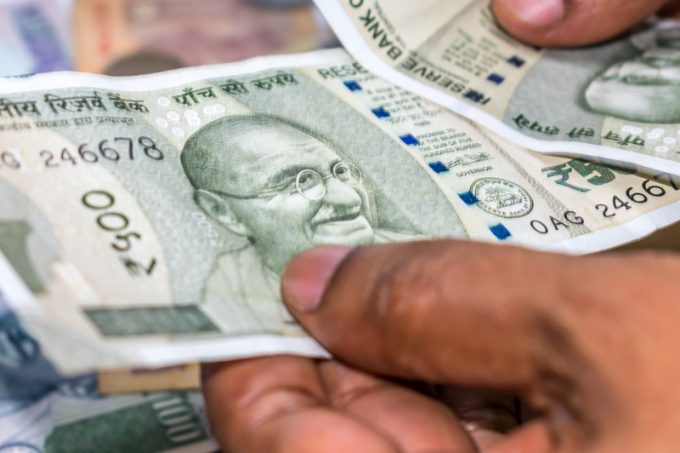Air freight rates ex-Dhaka set to surge after transhipment options are cut
Airfreight rates out of Dhaka are expected to surge after India cancelled transhipment access for ...

The Indian government is planning to force shipping lines and agents to provide “all-inclusive” freight rates.
The shipping ministry’s draft Merchant Shipping Bill 2020 says carriers involved with import, export or domestic transport “shall specify the all-inclusive freight in the bill of lading or any other transport document”.
And it adds: “No service provider or agent shall levy any freight charges other than the all-inclusive freight specified.”
The move follows calls by export groups for tighter regulation of shipping lines amid rocketing freight ...
Maersk u-turn as port congestion increases across Northern Europe
Apple logistics chief Gal Dayan quits to join forwarding group
Maersk Air Cargo sees volumes fall as it aims for 'margin in favour of revenue'
Houthis tell Trump they will end attacks on Red Sea shipping
Transpac rates hold firm as capacity is diverted to Asia-Europe lanes
Airlines slash freighter capacity post-de minimis, but 'the worst is yet to come'
MSC revamps east-west network as alliance strategies on blanking vary
India-Pakistan 'tit-for-tat' cargo ban sparks sudden supply chain shocks


Comment on this article
Prosun
December 01, 2020 at 12:14 pmNeither Liner or Feeder operators nor Forwarders are liable for present scenario in Shipping Industry . Alike natural calamity, long time lock down has been started to show off its impact. Except a very few, Forwarders never raise any surcharges bill unless they pay the same to Liner. As Import-Export ratio very poor app 75:25 respectively in India then to procure end to end cost Liners are compelled to raise surcharges in several heads. Most well accepted and never focused point is, max black money are from mostly politicians, using through the supply chain to make it white and nobody are aware on this serious issue. To come out from this situation better we should try to generate more and more Export from our end than blame to Forwarders and Carriers. Customer should also think that if this 2 service industry will not exist, how they run? Due to current drastic situation if lots of Carriers and Forwarders succumbed and stop their show, then market will come as monopoly. Customer will not have any option for burgain for Freight rate also.
Raghubir Singh Thind
December 01, 2020 at 12:18 pmIf this trend continues, the biz will be more affected at the moment as rising rates are only affecting the current orders while future orders will run smoothly as parties are taking higher freight rates at the time of costing for further but the main problem is imbalance of equipments which is really painful for the industries